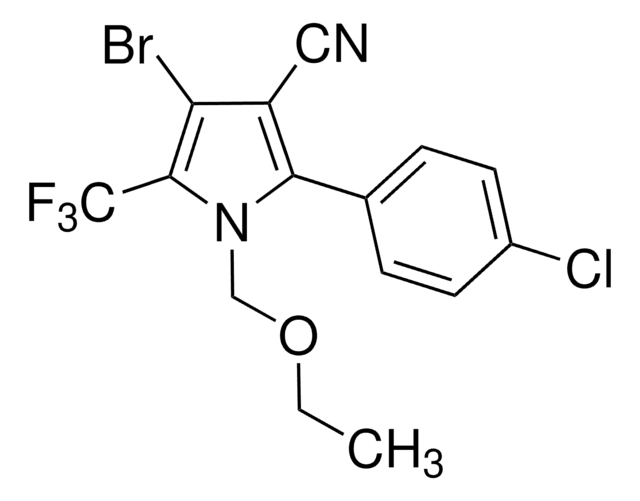45754
Ácido acético solution
suitable for HPLC
About This Item
Productos recomendados
agency
suitable for ASTM® 7968
suitable for ASTM® 7979
suitable for DIN 38407-42
suitable for EPA 1633
suitable for EPA 533
suitable for EPA 8327
suitable for EPA ACB B21-02
suitable for ISO 21675 2019
suitable for ISO 25101
suitable for ISO/CEN 15968-2010
Quality Level
form
liquid
concentration
49-51% (T)
technique(s)
HPLC: suitable
density
1.049 g/cm3
λ
neat
UV absorption
λ: 260 nm Amax: 0.05
λ: 270 nm Amax: 0.02
λ: 300 nm Amax: 0.01
λ: 500 nm Amax: 0.01
suitability
corresponds to standard for RP gradient test
corresponds to standard for filter test
SMILES string
CC(O)=O
InChI
1S/C2H4O2/c1-2(3)4/h1H3,(H,3,4)
InChI key
QTBSBXVTEAMEQO-UHFFFAOYSA-N
¿Está buscando productos similares? Visita Guía de comparación de productos
General description
Application
Used as a solvent/reagent in:
- Extraction of E. coli based porphyrin for subsequent LC-MS/MS analysis
- HPLC quantification of carbohydrate composition in sugarcane bagasse pulp
Legal Information
signalword
Danger
hcodes
Hazard Classifications
Eye Dam. 1 - Flam. Liq. 3 - Skin Corr. 1B
Storage Class
3 - Flammable liquids
wgk_germany
WGK 1
flash_point_f
104.0 °F - closed cup
flash_point_c
40 °C - closed cup
Certificados de análisis (COA)
Busque Certificados de análisis (COA) introduciendo el número de lote del producto. Los números de lote se encuentran en la etiqueta del producto después de las palabras «Lot» o «Batch»
¿Ya tiene este producto?
Encuentre la documentación para los productos que ha comprado recientemente en la Biblioteca de documentos.
Los clientes también vieron
Artículos
This page provides tables that list the products used in promulgated methods for Per- and polyfluoroalkyl substances (PFAS) analysis, organized by method and step for easy reference. As new methods are released, this page will be updated.
Nuestro equipo de científicos tiene experiencia en todas las áreas de investigación: Ciencias de la vida, Ciencia de los materiales, Síntesis química, Cromatografía, Analítica y muchas otras.
Póngase en contacto con el Servicio técnico




